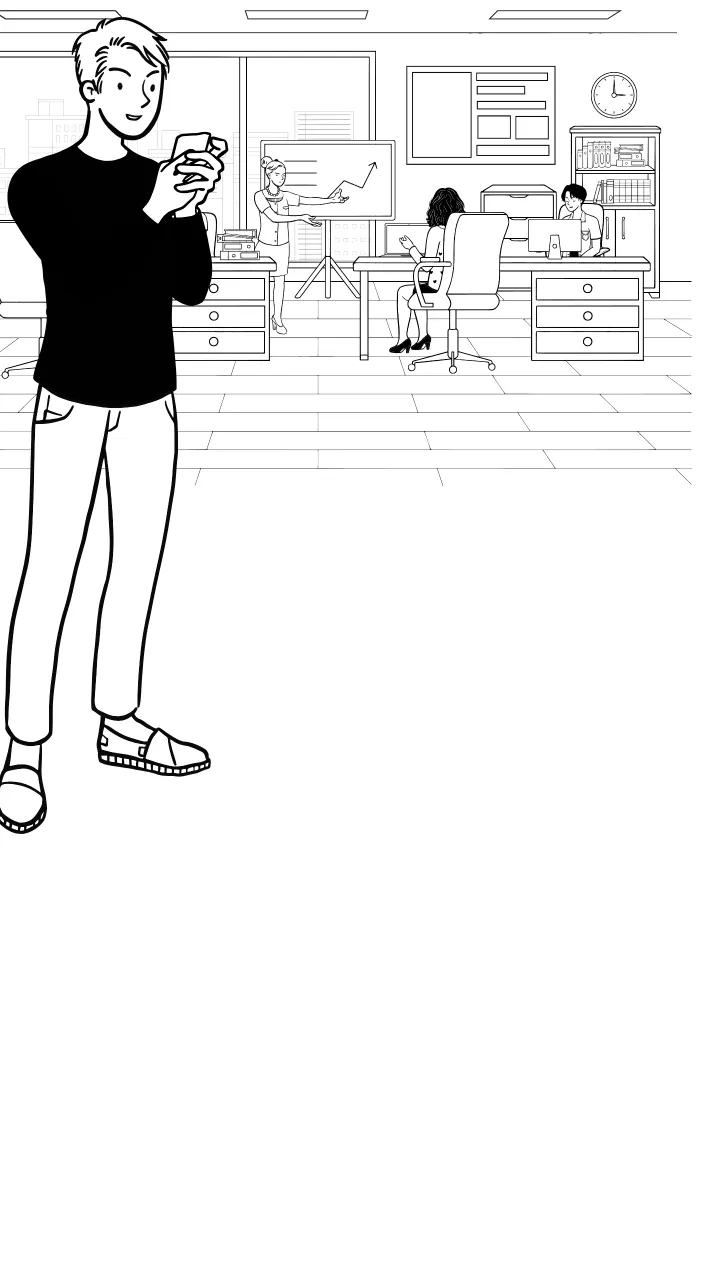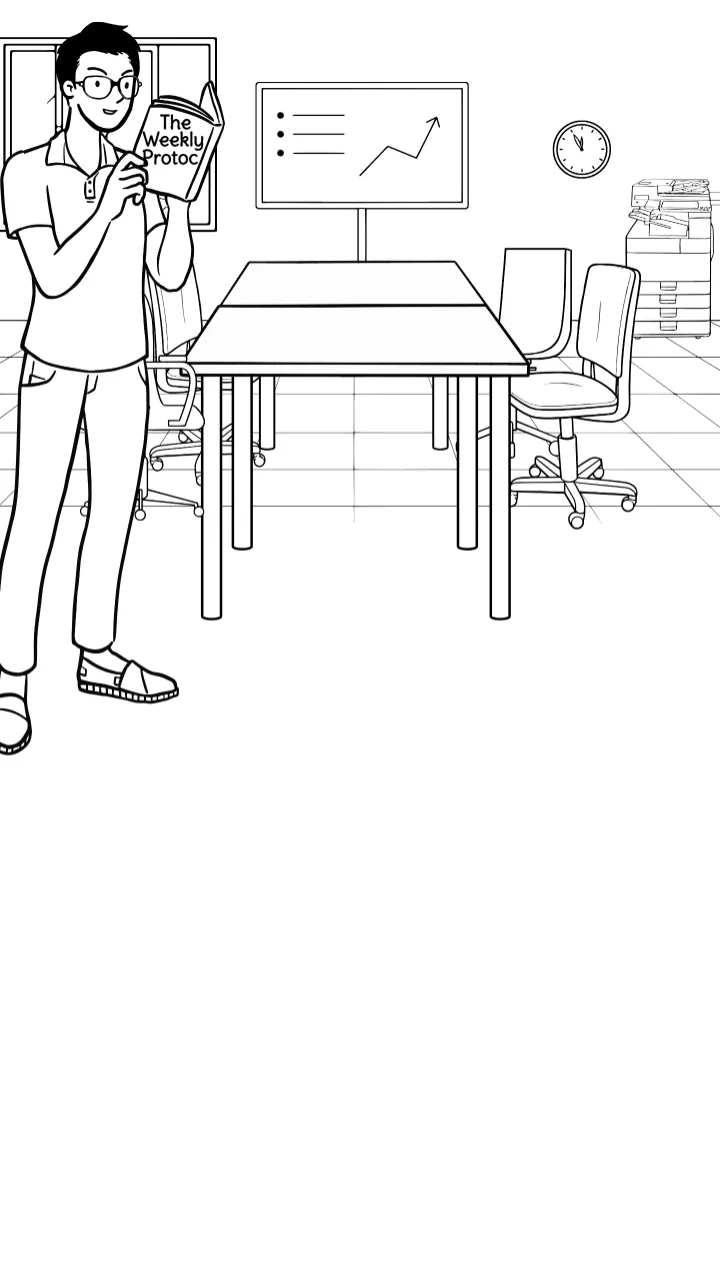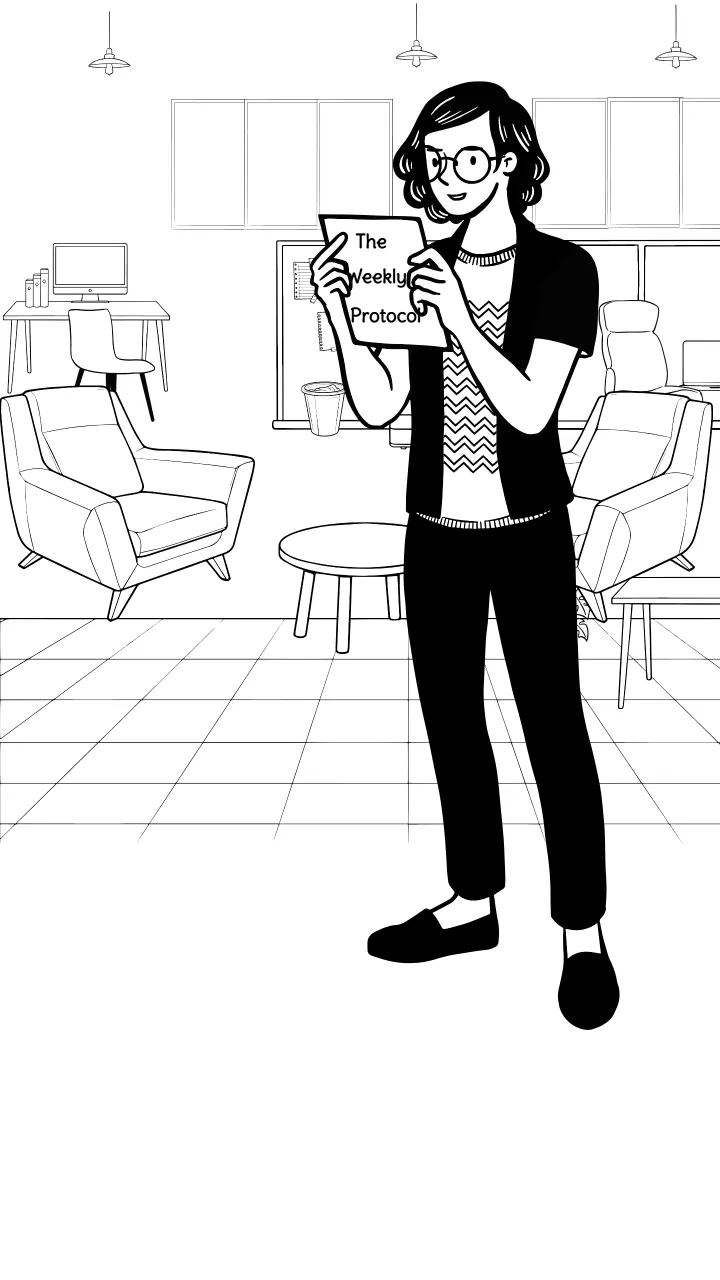Design Change That Lasts
Habits, Motivations & Behavior
Build lasting habits and design behavior change systems that stick, based on psychological research

Systems Beat Motivation
Motivation is unreliable—it comes and goes with mood, energy, and circumstances. Lasting change comes from designing systems that work even when you don't feel like it. Good habits make productivity automatic.
Start Here: Habit Design Protocol
Four principles that make habit formation inevitable. Start with one habit and apply all four principles for maximum success.
Start Ridiculously Small
Choose one habit so small it feels almost silly—like doing 1 push-up or reading 1 page. Master consistency before intensity.
Stack to Existing Habits
Attach your new habit to something you already do automatically. 'After I pour my coffee, I will write one sentence in my journal.'
Design Your Environment
Make good habits obvious and easy, bad habits invisible and difficult. Place books on your pillow, hide your phone in a drawer.
Track and Celebrate
Mark each completion immediately—even just an X on a calendar. Celebrate the win, no matter how small the action was.
Behavior Change Tools
Evidence-based frameworks and templates for building habits, understanding motivation, and designing lasting change.
Habit Tracking Template
Tool
Simple, effective templates to monitor habit consistency and build momentum over time.
Behavior Design Framework
Tool
Step-by-step framework for architecting positive behavior change based on behavioral science.
Motivation Assessment
Tool
Discover your unique motivation drivers and design habit systems that align with your psychology.
What Studies Tell Us
Key findings that inform our approach to habit formation and sustainable behavior change.
Lally et al., 2010 · European Journal of Social Psychology
Habits take an average of 66 days to form, but simple behaviors can become automatic in as little as 18 days with consistent practice.
Fogg, 2009 · Stanford Persuasive Technology Lab
Successful behavior change requires three elements simultaneously: motivation, ability, and trigger. Remove any one and the behavior won't occur.
Deci & Ryan, 2000 · Psychological Inquiry
Intrinsic motivation (autonomy, mastery, purpose) leads to more sustainable behavior change than extrinsic rewards or punishments.
Know Your Change Profile
Evidence-based assessments to understand your habits, motivations, and optimal approach to behavior change.
Habit Strength Evaluation
Coming Soon
Coming soon: Assess the strength of your current habits and identify which ones to build or break.
Motivation Style Assessment
Coming Soon
Coming soon: Discover your unique motivation patterns and what drives sustainable behavior change for you.
Behavior Change Readiness
Coming Soon
Coming soon: Evaluate your readiness for change and identify optimal timing for new habit formation.
Behavior Change Playbooks
In-depth guides for building lasting habits, understanding motivation, and designing sustainable change systems.
How the Pomodoro Technique Beats Procrastination
Guide
Evidence-based guide to using the Pomodoro Technique for overcoming procrastination and building focus habits.
The Psychology of Procrastination
Research
Understanding the psychological mechanisms behind procrastination and evidence-based strategies to overcome it.
The 5-Minute Rule: Your Secret Weapon for Getting Started
Practical
How committing to just 5 minutes can overcome inertia and build momentum for lasting behavior change.
Frequently Asked Questions
How long does it really take to form a habit?
Why do I keep failing to stick to new habits?
Should I focus on building good habits or breaking bad ones?
How many habits can I work on at once?
What's the best way to stay motivated for long-term change?
Related Pillars
Habits & Behavior forms the foundation for success in other productivity areas.
Priorities, Planning & Time Management
Turn your planning systems into automatic habits that sustain long-term productivity.
Sleep, Stress & Recovery
Build sustainable habits around sleep, stress management, and recovery practices.
Get Weekly Habit Protocols
Every Tuesday, receive one research-backed protocol for building better habits and sustainable behavior change—with exact steps to try today.


